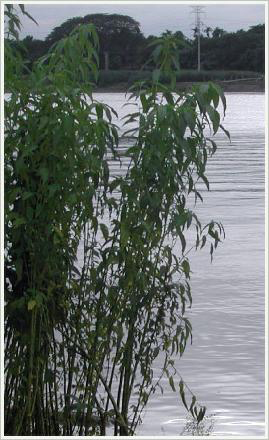 Bast Fibers are annually renewable fiber crops with many
Bast Fibers are annually renewable fiber crops with many
environment-friendly features.
- Jute plants absorb 6 metric tons/acre of carbon dioxide (CO2) from the atmosphere and release 4.5 metric tons/acre of oxygen (O2) into the atmosphere during the 100 day growing cycle.
- Almost no energy is used in growing and processing Jute and Kenaf fibers. The seed is sown by hand; then, the plants are cut, retted and stripped by hand.
- No fertilizer is used as the roots and leaves are plowed back into the ground. They play a vital role in increasing the fertility of the soil.
- Bast fiber plants are resistant to pests and diseases. Sometimes a garlic mixture is sprayed on the plants.
- Natural fibers are 100% biodegradable and/or recyclable.
- All Bast fibers are “tree-free” and “oil-free”.
- Bast fibers are the natural option for a cleaner and healthier environment.
They are now being used in many products to comply with the Leadership in Energy and Environmental Design (LEED™) Green Building Rating System.
